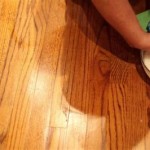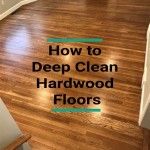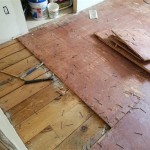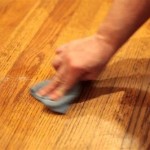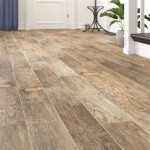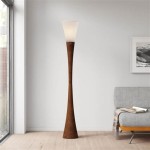Water Resistant Engineered Wood Flooring
Engineered wood flooring has become a popular choice for homeowners looking for a durable and stylish flooring option. Unlike traditional hardwood floors, engineered wood floors are made with a core of plywood or other stable material and a thin veneer of real wood. This construction makes engineered wood floors more resistant to moisture and warping than solid hardwood floors, making them suitable for use in areas that are prone to spills or humidity, such as kitchens, bathrooms, and basements.
Not all engineered wood floors are created equal, however. Some engineered wood floors are more water resistant than others, and it is important to choose a product that is appropriate for the intended use. Look for engineered wood floors that are rated as "water resistant" or "waterproof" by the manufacturer. These floors will typically have a core that is made of a moisture-resistant material, such as high-density fiberboard (HDF) or plywood that has been treated with a water-resistant coating.
In addition to the core material, the finish of the engineered wood floor will also affect its water resistance. Choose a floor with a finish that is specifically designed to resist water and moisture. Urethane and acrylic finishes are both good choices for water-resistant engineered wood floors.
Installation is also important when it comes to ensuring the water resistance of an engineered wood floor. Make sure to follow the manufacturer's instructions for installation, including the use of a moisture barrier. A moisture barrier will help to protect the floor from moisture that may seep up from the subfloor.
With proper care and maintenance, water-resistant engineered wood floors can be a beautiful and durable addition to your home. Here are some tips for keeping your water-resistant engineered wood floor looking its best:
- Sweep or vacuum the floor regularly to remove dirt and debris.
- Wipe up spills immediately with a damp cloth.
- Avoid using harsh chemicals or cleaners on the floor.
- Refinish the floor as needed to maintain its water resistance.
By following these tips, you can keep your water-resistant engineered wood floor looking its best for many years to come.
Benefits of Water Resistant Engineered Wood Flooring
There are many benefits to choosing water-resistant engineered wood flooring for your home, including:
- Durability: Engineered wood floors are more resistant to wear and tear than traditional hardwood floors, making them a good choice for high-traffic areas.
- Moisture resistance: Water-resistant engineered wood floors are not impervious to water, but they are much more resistant to moisture damage than solid hardwood floors. This makes them a good choice for areas that are prone to spills or humidity, such as kitchens, bathrooms, and basements.
- Style: Engineered wood floors come in a wide variety of colors, styles, and finishes, so you can find a floor that matches your personal taste and décor.
- Affordability: Engineered wood floors are more affordable than solid hardwood floors, making them a good option for homeowners on a budget.
If you are looking for a durable, stylish, and affordable flooring option, water-resistant engineered wood flooring is a great choice.

Vanderbilt French Oak Water Resistant Engineered Hardwood Flooring

Shaw Floorte Exquisite Waterproof Engineered Hardwood Flooring Warmed Oak 7 5 Greenflooringsupply Com

Formaldehyde Free Mdf Color Water Resistant Engineered Wood Laminate Factory Direct S Parquet Flooring Hdf Made In China Com

Is Engineered Hardwood Flooring Waterproof

Quick Step Water Resistant Wood Flooring
Water Resistant Wood Flooring Floor Decor

Formaldehyde Free Mdf Color Water Resistant Engineered Wood Laminate Factory Direct S Parquet Flooring

Quick Step Water Resistant Wood Flooring
Water Resistant Wood Flooring Floor Decor

Is Engineered Hardwood Waterproof Expert Insights Tips

